
The global economic landscape is undergoing a profound transformation, marked by the extraordinary rise of tech billionaires reshaping traditional benchmarks of wealth. In a development signaling a new era of concentrated economic power, the combined net worth of Elon Musk, Larry Ellison, and Mark Zuckerberg has soared to an estimated $1 trillion. This staggering figure positions these individuals as a collective economic force, roughly equivalent to the market capitalization of Warren Buffett’s storied investment conglomerate, Berkshire Hathaway.
This remarkable comparison highlights a pivotal shift from diversified, industrially anchored empires to agile, innovation-driven enterprises. While Berkshire Hathaway built its near $1 trillion market value over decades of steady growth, rooted in a diverse portfolio, the wealth of Musk, Ellison, and Zuckerberg is intrinsically linked to advancements in artificial intelligence, cloud computing, and digital platforms. Their collective ascent underscores the escalating influence of technology giants in an economy increasingly defined by digital transformation.
The juxtaposition of these two wealth paradigms offers a compelling narrative about changing tides of global economic power. As Buffett’s upcoming retirement marks the twilight of an era defined by traditional investment prowess, the fortunes of the tech triumvirate represent the vanguard of a new chapter. This article delves into the intricate details of this unprecedented comparison, exploring individual journeys, company valuations, and economic forces propelling these figures to such towering financial heights.
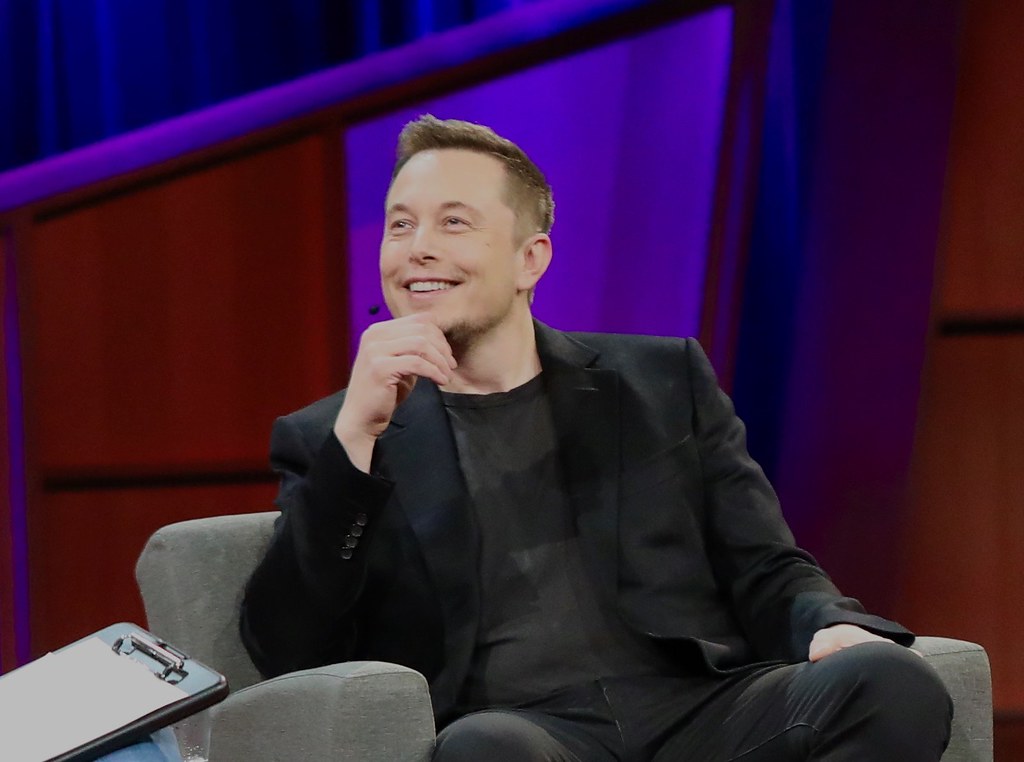
1. **The Collective Might: Three Tech Billionaires’ $1 Trillion Net Worth** The financial world is witnessing an unparalleled concentration of wealth. Elon Musk, Larry Ellison, and Mark Zuckerberg now command a combined net worth of approximately $1 trillion. This striking figure places their collective fortune in direct competition with the market capitalization of Warren Buffett’s Berkshire Hathaway, illustrating a significant realignment of global economic power.
As of recent reports, Elon Musk held $429 billion, Larry Ellison $360 billion, and Mark Zuckerberg $269 billion. Cumulatively, their wealth reaches $1.06 trillion, virtually matching Berkshire Hathaway’s market capitalization. This sum comfortably surpasses the $800 billion-plus market values of corporate giants like Oracle, JPMorgan, and Walmart.
This collective trillion-dollar milestone reflects explosive growth in the technology sector, particularly in AI and cloud computing. It emphasizes how rapidly fortunes can be amassed and scaled in the modern era, contrasting sharply with decades-long, incremental growth models. This invites deeper examination of the forces driving such economic shifts.
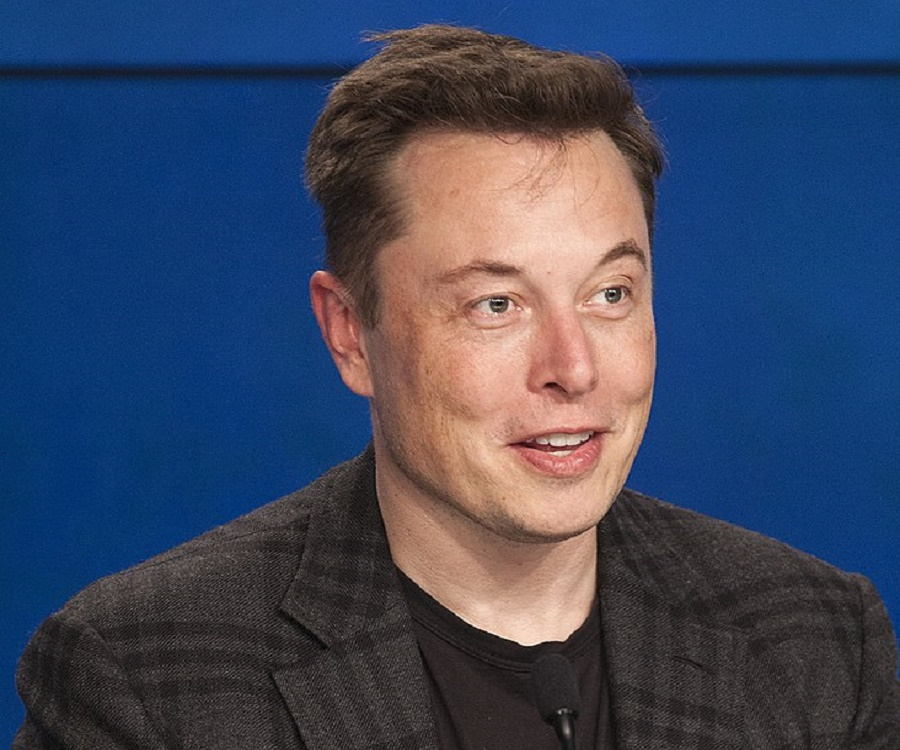
2. **Elon Musk: Architect of Diverse Ventures and Volatile Fortunes** Elon Musk, a multifaceted entrepreneur leading several groundbreaking companies, maintains a prominent position among the world’s wealthiest individuals. His net worth, recently $429 billion and just above $400 billion after a volatile 2025, reflects his dynamic business empire. Musk’s portfolio includes leadership roles at Tesla, SpaceX, xAI, Neuralink, and X.
Musk’s wealth trajectory in 2025 has been volatile. Tesla shares dipped earlier due to political controversies, but have since rebounded strongly. This showcases the resilience of his core automotive business and investor confidence, underscoring the inherent risk and reward of leading innovative, cutting-edge enterprises.
Musk’s involvement extended to government, briefly leading the Department of Government Efficiency (DOGE) under the Trump administration. This period reportedly contributed to a $14 billion shrinkage in his fortune. Despite challenges, Musk remains at the vanguard of innovation, with a proposed Tesla pay package potentially pushing him toward the world’s first trillionaire status within the next decade.
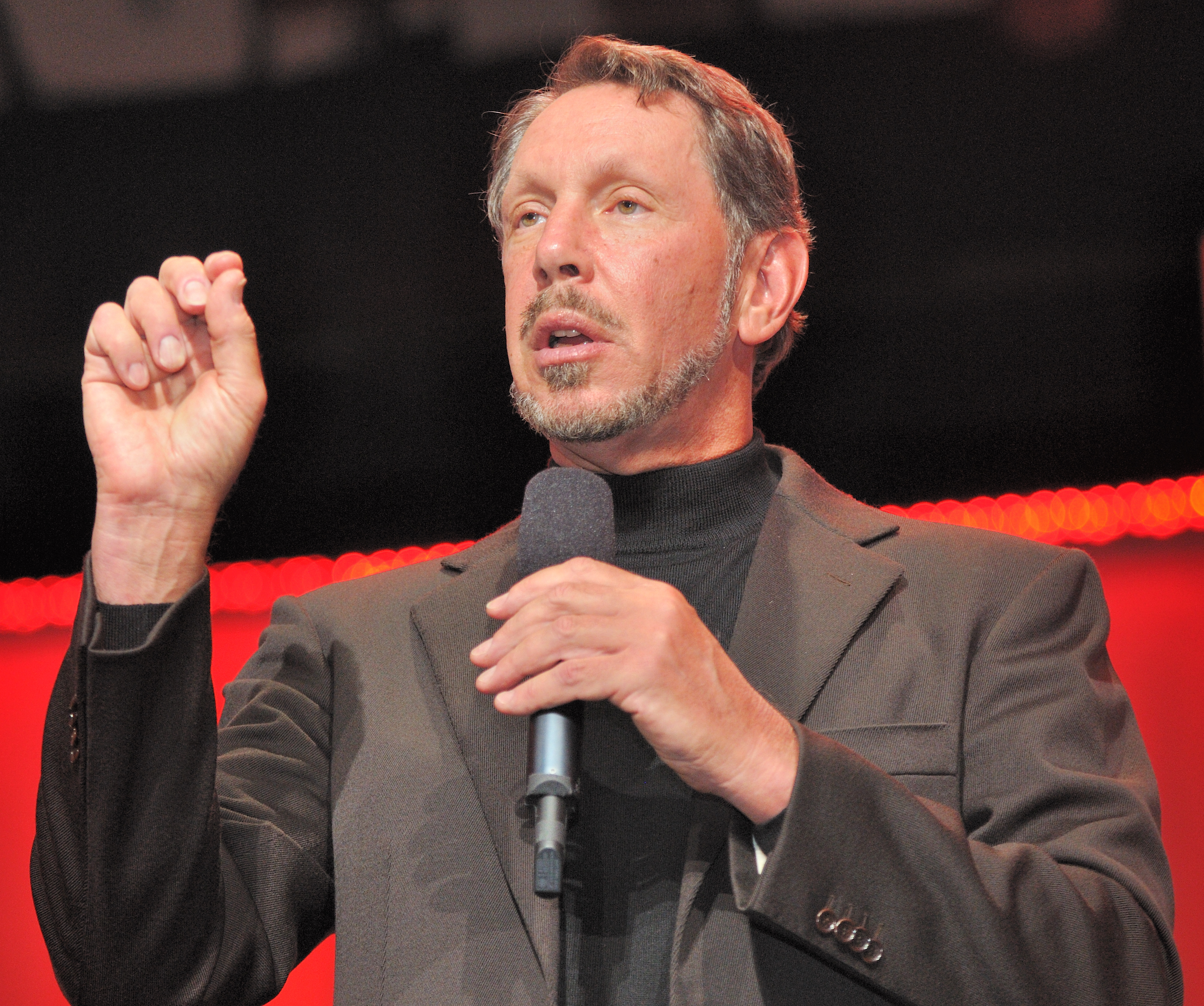
3. **Larry Ellison and Oracle’s AI-Powered Ascent** Larry Ellison, Oracle’s co-founder and Chief Technology Officer, has seen an extraordinary surge in his net worth, propelled by Oracle’s pivotal role in AI infrastructure. His fortune, recently $360 billion, reflects a remarkable increase, nearly doubling this year with a surge of up to $167 billion. This dramatic rise is directly attributable to Oracle’s stock, which has soared over 80% since January 1.
The catalyst for Oracle’s stock surge has been its aggressive pursuit of significant AI infrastructure contracts. The company’s revenue has soared to $455 billion, bolstered by key deals like a 4.5 gigawatt power agreement with OpenAI. This strategic positioning allows Oracle to project rapid revenue growth fueled by escalating AI demand.
The market reacted strongly; Oracle’s stock climbed as much as 43% on one Wednesday, lifting its market value by nearly $300 billion. Ellison’s wealth accumulation also benefited from astute financial strategies, including aggressive stock buybacks and share pledges. His substantial 41% stake ensures company value appreciation directly boosts his personal fortune.

4. **Mark Zuckerberg: Meta’s Bet on AI and Immersive Technologies** Mark Zuckerberg, CEO of Meta Platforms, commands a net worth hovering around $269 billion. This figure jumped $61 billion this year, fueled by Meta stock’s 30% gain in 2025. His financial trajectory is tied to Meta’s ambitious investments in its AI and Reality Labs divisions, a strategic pivot towards future digital interaction.
Zuckerberg is placing significant bets on advanced AI supercomputing and immersive technologies, such as smart glasses, even as some projects operate at a loss. Meta’s strategy recognizes AI-driven growth as increasingly pivotal for expanding its influence across platforms including Facebook and Instagram. AI integration is crucial for enhancing user engagement and developing next-generation applications.
Despite considerable capital expenditure, investor optimism around Meta’s AI potential drives its stock performance. The company’s commitment to building AI infrastructure and exploring the metaverse reflects a long-term vision. Zuckerberg’s approximate 13% ownership stake in Meta ensures his personal wealth is deeply intertwined with these strategic initiatives.
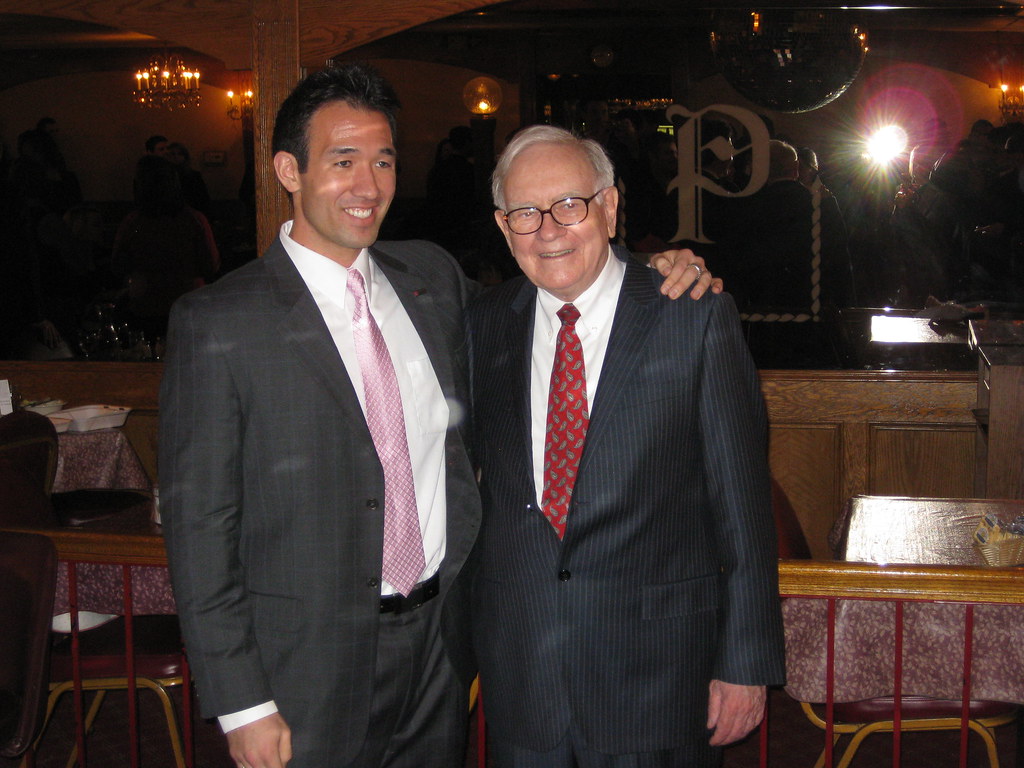
5. **Warren Buffett’s Enduring Legacy: The Berkshire Hathaway Model** Warren Buffett’s Berkshire Hathaway stands as a testament to decades of disciplined investment and diversified growth, with a market value nearing $1 trillion. This corporate behemoth generates approximately $370 billion in annual revenue and employs nearly 400,000 workers. It represents a fundamental pillar of the traditional economy, unlike concentrated tech fortunes.
Berkshire’s value rests on a broad portfolio in established companies like Apple, American Express, and Bank of America, plus numerous wholly-owned subsidiaries. Buffett, widely regarded as the world’s greatest living investor, has steered Berkshire through various economic cycles, achieving consistent long-term growth. Its stock is up 126% in five years, with 26% annual compound earnings per share (EPS) growth.
While Buffett’s upcoming retirement marks an era’s end, Berkshire Hathaway’s diverse investments demonstrate enduring strength. Recent investments include $1.8 billion in steelmaker Nucor and homebuilders D.R. Horton and Lennar, alongside a $1.6 billion bet on UnitedHealth. These highlight Berkshire’s activity in established sectors, showcasing a wealth creation model rooted in industrial and financial stability.

6. **The Striking Disparity: Individuals vs. Corporate Conglomerate** The comparison between the collective $1.06 trillion net worth of Musk, Ellison, and Zuckerberg and Berkshire Hathaway’s near $1 trillion market capitalization is profoundly striking. It underscores an unprecedented concentration of wealth in three individuals, juxtaposed against a corporate behemoth. This entity embodies decades of diversified business operations and a vast workforce.
Berkshire Hathaway’s market capitalization represents the value of a vast array of businesses, from insurance and energy to manufacturing and retail. It generates hundreds of billions in annual revenue and supports hundreds of thousands of jobs globally. It is a diversified entity, built through strategic acquisitions and long-term investments.
Conversely, the tech billionaires’ wealth primarily derives from substantial ownership stakes in a handful of highly valuable technology companies. This contrast highlights different mechanisms for generating immense wealth. The ability of three individuals to command paper wealth equivalent to such a venerable corporate entity speaks volumes about high valuations placed on cutting-edge technology.

7. **The Dynamic Shifts: Ellison and Zuckerberg’s Wealth Surge in 2025** The current year, 2025, has been particularly transformative for the fortunes of Larry Ellison and Mark Zuckerberg, showcasing significant surges in their net worths that contribute substantially to the collective $1 trillion figure. While Elon Musk’s fortune has seen some shrinkage this year, notably by about $4 billion (or $14 billion in a later report), the other two tech titans have experienced rapid appreciation, highlighting divergent trajectories within the ultra-wealthy cohort.
Larry Ellison’s net worth has nearly doubled this year to date, registering a staggering increase of $167 billion, as Oracle stock has soared over 80% since January 1. This remarkable growth is a direct consequence of investor optimism around AI’s potential and Oracle’s strategic positioning in AI infrastructure contracts. Ellison’s ability to capitalize on this sector boom underscores the agility and responsiveness of his company in capturing new market opportunities.
Similarly, Mark Zuckerberg’s wealth has jumped by an impressive $61 billion, fueled by Meta stock’s 30% gain in 2025. This surge reflects investor confidence in Meta’s substantial investments in AI and its Reality Labs division, despite some projects operating at a loss. These rapid increases for Ellison and Zuckerberg underscore the immense leverage of large equity stakes in companies riding major technological waves, quickly adding hundreds of billions to their personal fortunes within a single year.

8. **The Power of Equity Stakes: A Core Mechanism of Modern Wealth** The extraordinary wealth accumulation observed among figures like Elon Musk, Larry Ellison, and Mark Zuckerberg is intrinsically linked to their substantial equity holdings in their respective companies. Unlike traditional executives who might earn high salaries or bonuses, these individuals derive the bulk of their net worth from the appreciating value of their foundational ownership stakes. Musk, for instance, holds approximately 13% of Tesla and a significant 42% of SpaceX, positioning his personal fortune directly with the performance and market valuation of these ventures.
Similarly, Larry Ellison maintains a formidable 41% stake in Oracle, while Mark Zuckerberg’s wealth is anchored by roughly 13% ownership of Meta Platforms. This direct and often controlling interest ensures that as their companies innovate, expand, and increase in market capitalization, their personal fortunes grow in tandem, often at an exponential rate. This mechanism distinguishes modern tech wealth from the more diversified, less concentrated models often seen in older industrial or financial conglomerates.
This strategy highlights a fundamental principle of wealth creation in the 21st century: significant ownership of high-growth, innovative companies. The leverage provided by these large equity positions allows for rapid wealth generation when market sentiment is positive and technological advancements are driving valuations upwards. It underscores why these individuals, despite their company’s operational complexities, command such immense paper wealth, directly tied to their entrepreneurial vision and the market’s perception of their ventures’ future.

9. **AI’s Broad Impact: Beyond Individual Company Valuations** The current surge in the fortunes of these tech titans is not merely a reflection of individual company performance but also a broader testament to the transformative power of artificial intelligence. Investor optimism around AI’s potential to fundamentally reshape industries, reduce operational costs, and significantly enhance corporate profitability has become a primary catalyst for market valuations across the technology sector. This widespread belief has fueled substantial investment and subsequent wealth appreciation.
Oracle’s impressive stock performance, for instance, which saw its market value climb by nearly $300 billion on one Wednesday alone, was directly driven by its projections of rapid revenue growth fueled by burgeoning AI demand. Likewise, Meta’s substantial investments in advanced AI supercomputing and its Reality Labs division, despite some projects currently operating at a loss, are viewed by investors as critical for future growth and influence across its vast platforms like Facebook and Instagram. AI integration is increasingly seen as pivotal for enhancing user engagement and developing next-generation applications.
This AI-driven phenomenon extends beyond the three discussed billionaires, impacting the broader landscape of the ultra-wealthy. The 17 members of the exclusive “$100 billion club” collectively added a net $486 billion to their joint fortunes this year, boosting their combined wealth to an astonishing $3.3 trillion. This figure, surpassing the market values of corporate giants like Alphabet or Amazon, unequivocally demonstrates the profound and far-reaching economic implications of AI on modern wealth accumulation, solidifying its role as a key driver of contemporary financial growth.
Read more about: The Hydrogen Horizon: Why Toyota’s Multi-Path Gamble in EVs and Fuel Cells Could Redefine the Future, Challenging Tesla’s Electric Reign.
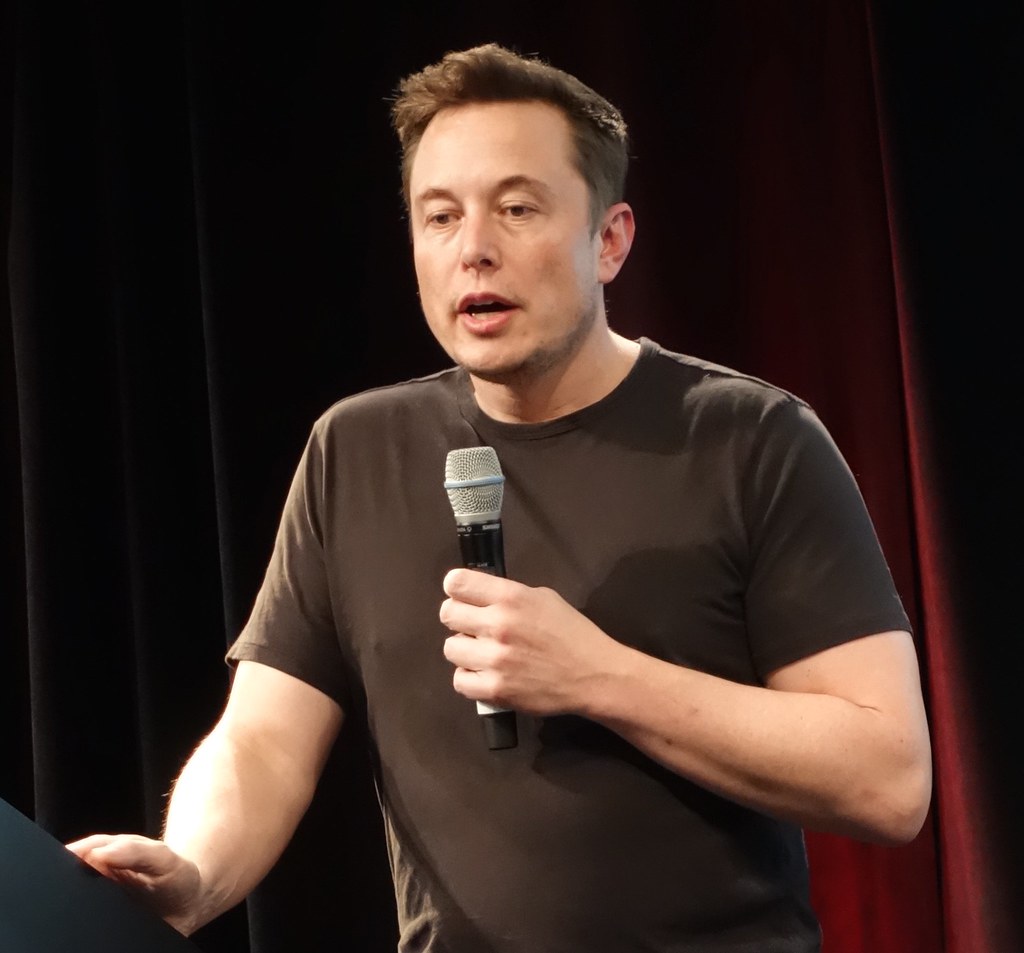
10. **The Horizon of Trillionaire Status: Musk’s Trajectory** The trajectory of individual wealth accumulation is pushing toward unprecedented levels, with Elon Musk emerging as a prominent candidate for becoming the world’s first individual trillionaire. This potential milestone is closely tied to a prospective Tesla pay package that was unveiled recently, outlining an ambitious compensation structure designed to align Musk’s personal fortune with the company’s long-term performance.
The proposed deal is structured to grant Musk shares valued at over $1 trillion if Tesla manages to achieve a formidable eightfold increase in its market value. Simultaneously, he would need to meet a series of challenging operational targets within the next decade or so. This highly incentivized arrangement reflects the company’s confidence in Musk’s leadership and his capacity to drive extraordinary growth and innovation.
The mere possibility of an individual reaching trillionaire status underscores the dramatic acceleration of wealth generation in the modern economy, particularly within the high-growth technology sectors. Such a development would not only redefine personal wealth benchmarks but also signal a new era of concentrated economic power, prompting further discussions about its implications for global financial structures and societal equity.

11. **A Quarter-Century Perspective: Shifting Global Wealth Landscapes** Examining the landscape of global wealth over the past quarter-century reveals a dramatic transformation, marked by both the enduring presence of long-established fortunes and the meteoric rise of new tech-driven wealth. Comparing the wealthiest individuals on the planet today to those of 2000, as documented by Forbes, illustrates how fortunes have not only grown but also how the composition of the elite has significantly shifted.
In 2000, prominent figures such as Bill Gates, Larry Ellison, Warren Buffett, Rob Walton, Michael Dell, Steve Ballmer, and Bernard Arnault were already among the top 20, and remarkably, many retain their positions today. However, maintaining a top-tier spot has necessitated an extraordinary increase in their personal wealth. For instance, Ellison’s net worth has quadrupled from $47 billion to $217 billion, while Buffett’s fortune has quintupled from approximately $26 billion to $143 billion, despite his substantial philanthropic contributions.
The most striking change, however, is the emergence of new titans who were either absent or less prominent on the 2000 list. Elon Musk, Jeff Bezos, Mark Zuckerberg, Larry Page, Sergey Brin, and Jensen Huang now populate the top 10, representing companies like Tesla, Amazon, Meta, Alphabet, and Nvidia, which have fundamentally reshaped global commerce and technology. A fortune of $20 billion, which would have secured a firm top 10 position in 2000, now barely registers within the top 100, underscoring the immense scaling of wealth. The top 10 individuals collectively held $275 billion in 2000, a figure now dwarfed by their current combined $2 trillion, with Musk alone at $454 billion surpassing the entire top 20 from 2000.

12. **Forbes’ 2025 Billionaires List: A Record-Breaking Cohort** The 2025 Forbes World’s Billionaires List represents a significant milestone in global wealth accumulation, featuring over 3,028 members, marking the largest cohort ever recorded and the first time the list has surpassed 3,000 individuals. This burgeoning group of entrepreneurs, investors, and heirs now commands a staggering combined wealth of $16.1 trillion, an increase of $2 trillion from the previous year, underscoring an accelerating trend of concentrated wealth.
Geographically, the United States remains the undisputed leader, home to a record 902 billionaires, whose collective wealth of $6.8 trillion highlights its economic dominance. China and Hong Kong combined trail with 516 billionaires and $1.7 trillion, followed by India with 205 billionaires possessing $941 billion. This eye-watering global wealth pool of $16.1 trillion is difficult to conceptualize, but to put it into perspective, it comfortably surpasses the Gross Domestic Product (GDP) of every single country in the world, with the notable exceptions of the United States and China.
Further illustrating this unprecedented scale, the list includes three individuals—Elon Musk, Mark Zuckerberg, and Jeff Bezos—who have joined the exclusive “$200 billion club” this year. Their individual net worths are so immense that they rival the economic output of entire nations. Elon Musk’s $342 billion, for example, challenges the GDP of Finland; Mark Zuckerberg’s $216 billion is higher than the GDP of Algeria; and Jeff Bezos’s $215 billion outpaces Hungary, starkly highlighting the profound disparity between individual fortunes and national economies.

13. **Societal Implications: Wealth Concentration and Inequality** The snowballing wealth among the world’s elite presents significant societal implications, particularly concerning global economic inequality. While billionaires accrue unprecedented fortunes, a substantial portion of the global population continues to struggle, often living paycheck-to-paycheck, with poverty rates remaining stubbornly stagnant since the 1990s. This stark divergence paints a concerning picture of resource allocation and economic opportunity.
Recent data reveals that 204 new billionaires were minted last year—an astonishing rate of nearly four every week. Looking forward, predictions indicate the emergence of at least five trillionaires within the next decade, further intensifying the concentration of economic power. A critical aspect of this wealth accumulation is its genesis: approximately 60% of billionaire wealth is attributed to inheritance, monopolistic practices, or nepotistic connections, suggesting that a significant portion is passed down rather than earned through pure entrepreneurial endeavors.
This alarming trend of wealth being “sucked from lower classes” highlights a systemic issue. Amitabh Behar, International Executive Director at Oxfam, poignantly stated, “The capture of our global economy by a privileged few has reached heights once considered unimaginable.” He added that not only has the rate of billionaire wealth accumulation accelerated threefold, but so too has their power, raising fundamental questions about economic fairness, social mobility, and the future stability of global economies.
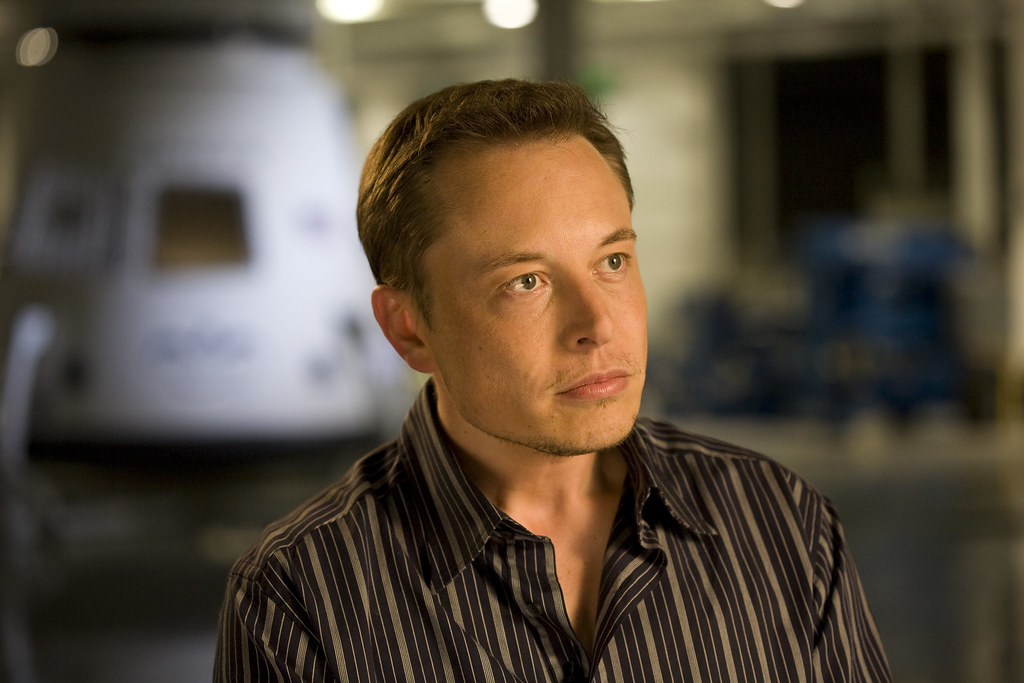
14. **Market Volatility and Its Impact on Billionaire Fortunes** While the overall trend points to astronomical wealth growth for the ultra-rich, these fortunes are not immune to the inherent volatility of financial markets. In fact, many of the world’s wealthiest individuals would command even larger sums if not for the periods of significant stock market downturns. This susceptibility underscores the paper nature of much of this wealth, which can fluctuate dramatically with market sentiment and company performance.
Elon Musk’s fortune provides a prime example of this volatility. Tesla shares, a major component of his net worth, slumped by 4% following a reported 13% decline in sales this year. This setback compounded an already challenging period, as Tesla’s stock had plummeted 36% during the first three months of 2025—its worst quarter since 2022—resulting in an estimated $156 billion reduction in Musk’s wealth. Factors contributing to this included investor displeasure with his involvement in the U.S. government’s DOGE department and consumer protests impacting sales.
Such market turbulence is not exclusive to Musk’s empire. Broader market indicators like the S&P 500, Dow Jones, and Nasdaq all experienced significant dips during the early part of Trump’s presidency, impacting numerous billionaires. Jeff Bezos saw his net worth decrease by $29 billion, Sergey Brin by $22 billion, and both Bernard Arnault and Mark Zuckerberg each lost $5 billion within a specific period. Collectively, billionaires attending Trump’s inauguration are estimated to have lost $209 billion, illustrating that even the world’s richest are subject to the unpredictable currents of global finance and that the title of the world’s richest person is not permanent, fluctuating daily based on market dynamics.
Read more about: Beyond the Billions: Unpacking the 14 Daily Habits That Propel the World’s Wealthiest to Unprecedented Success
The narrative of the world’s wealthiest is continually evolving, driven by unprecedented technological advancements and shifting economic paradigms. The comparison between the concentrated, tech-driven fortunes of Musk, Ellison, and Zuckerberg and the diversified, enduring legacy of Berkshire Hathaway serves as a powerful lens through which to view these transformations. While the rapid accumulation of wealth in the tech sector redefines individual economic power, it also prompts a crucial examination of its broader societal implications and the future landscape of global prosperity. The coming years will undoubtedly provide further clarity on whether this new chapter of concentrated wealth will usher in an era of sustained dominance, or if the inherent volatility of innovation will temper its long-term trajectory.



